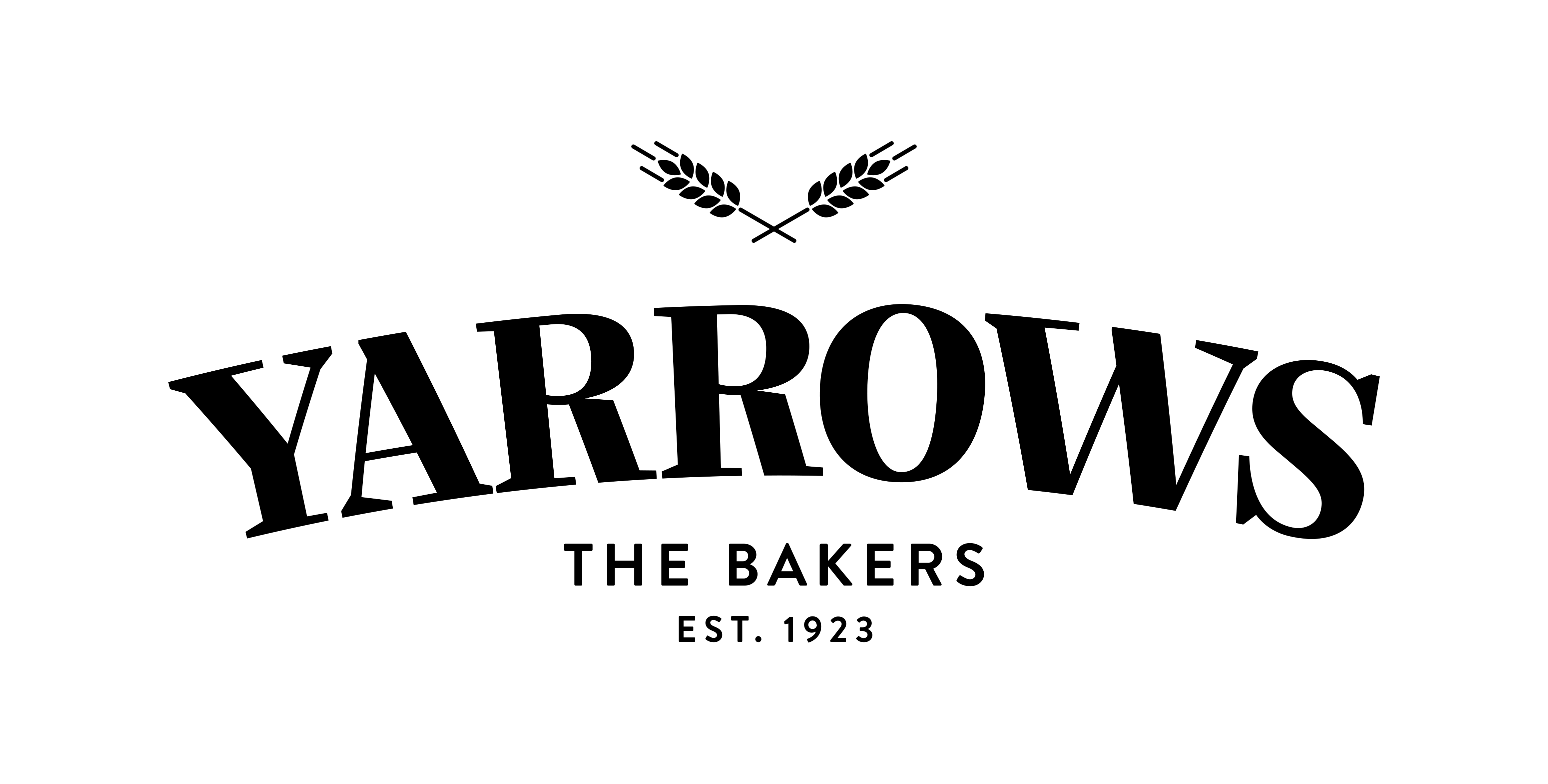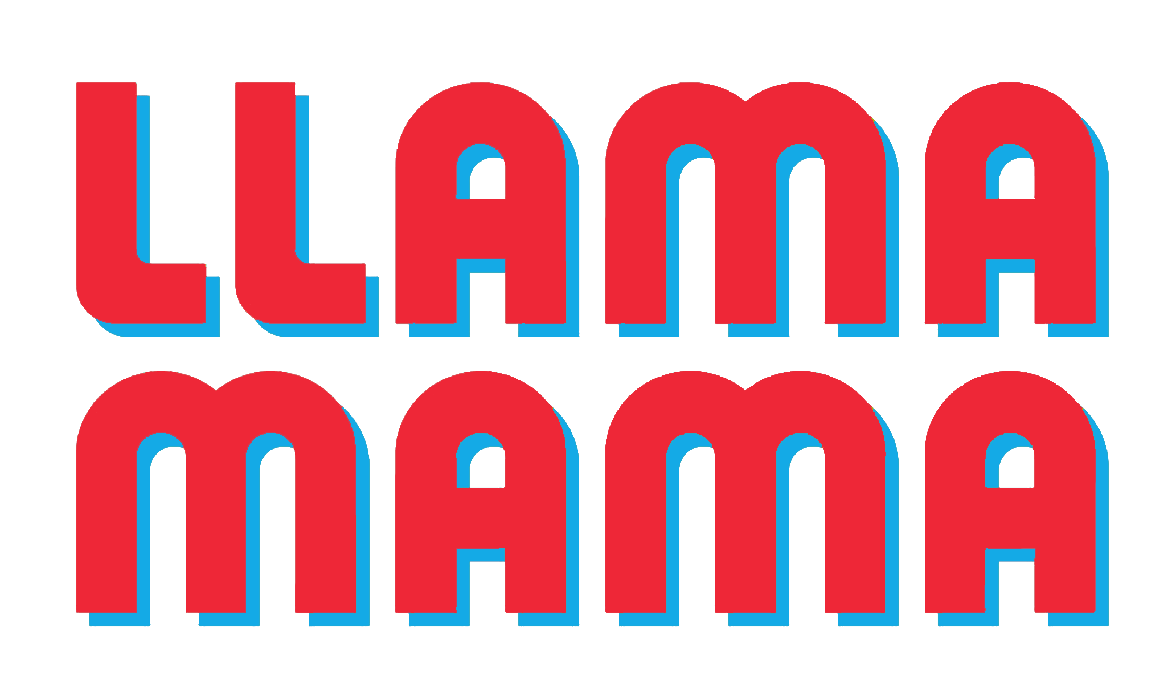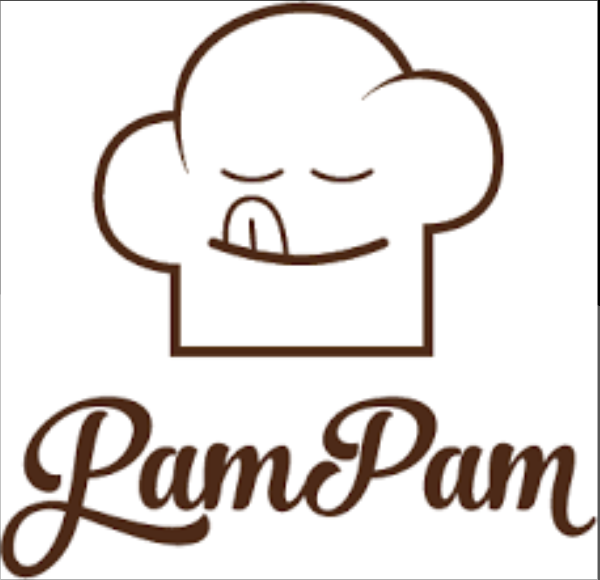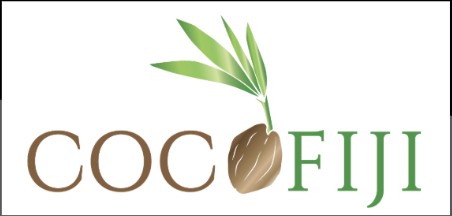Calling Japan's food and beverage retail landscape a paradox won't necessarily be an exaggeration. The proper understanding of this unique ecosystem can be challenging to apprehend from an external perspective, and this can be due to; its unique business relationship dynamics, multi-layered distribution system, unfolding consumer culture, and remarkably fragmented structure. Understanding the nature of this landscape, and identifying the significant players are vital to succeeding in Japan.
A $424 billion market
Japan's Food & Beverage retail market is made up of several players who were able to generate ¥45 trillion in 2019 for food and beverage sales.
Major players consist of; GMS, SM, and DS channels (47%), CVS (17%), and other modern trade channels (12%), all gaining significant portions of the total sales. It is worthy to note that food & beverage sales, make-up on average 71% of GMS, SM, and DS channels total sales with numbers going as high as 95% regional supermarkets.
Japan’s retail landscape is on an evolutionary path, as a result of inherent challenges and stiff competition between players in the industry, this has driven several players to form strategic partnerships across sectors to protect operating margins.
Over 57,000 convenience stores which have become a significant part of Japans' infrastructure
Japanese convenience stores, popularly known as "Konbini" have become vital in catering to everyday life in Japan. A large number of convenience stores in both rural and urban areas open 24 hours a day, every single day of the week to serve a nation with a large working population, and densely populated urban clusters where people live in little spaces and consume small portions of packaged foods throughout the week.
Three principal players: 7 Eleven, Family Mart, and Lawson manage the majority (90%) of convenience stores. This has caused the sector to grow and consolidate, making it tough for new players to get in. However, CVS growth has started to falter in the past two years, so top chains have begun to adopt measures like; increased hiring of non-Japanese staff and investigating opportunities to reduce operating margins.
CVS offers a wide selection of food & beverage, with food making up 60% of the total sales. CVS leading food sales come from ultra-fresh products such as rice balls, salads, and other ready to eat meals.
National players attempting to refresh their business model with a bet on digital transformation to optimize operating costs
These players have witness transformations over time due to positives like; Innovations in technology propelled by AI and IoT, and growing interest for delicatessen, ready-to-eat, and fresh-baked foods. Negatives like; Decrease in consumption, and increasing labor and logistics cost due to population decline have also impacted these transformations.
Three significant actions have accelerated the consolidation recently observed in the industry; Seven & I HD and Izumi's strategic alliance, New Japans' Supermarket Alliance, and Pan Pacific International HD creation have spurred competition in this scene.
Influential players like Aeon and Seven & I HD are confronted with the problem of low operating profit margins so they quickly need to explore the potentials offered by the digital transformation to minimize operating costs. Aeon in 2020, for one, has begun to explore the potential of expanding its direct import business to maximize margins.
A crucial component to the F&B landscape, regional retailers account for 33% of total food sales in japan
Regional GMS and SM are a pivotal figure in Japan's food retail industry. They represent a third of the entire F&B market share, and 80% of all GMS/SM channel sales. They grew by focusing on competitive advantages like product freshness supremacy and shopper experience - while paying specific attention to local preferences and seasonality.
These regional players are responsible for driving innovations and growth as they compete with one another on product development through the establishment of private brands and the importation of direct value-added value products, which presents a unique opportunity to exporters.
Regional players are facing challenges related to Japans' aging society and depopulation of most areas, which has translated to a decline in revenue and labor cost increase. This change in demographics is inspiring a new retail revolution that will have to provide an elder-friendly environment, products, and services.
They also need to explore the opportunities offered by the digital transformation to minimize operating costs and capture value from expanding e-commerce adoption.

This report serves as an excellent starting point for food & beverage professionals in understanding Japan's F&B retail landscape as they seek to penetrate and navigate this dynamic landscape or to amass a larger market share.
Do you need valuable expertise on how to navigate Japan’s F&B market? We can help your company.
GourmetPro is a market consulting company based in Japan committed to helping the food and beverage companies grow by offering end-to-end customizable market-entry solutions in areas of; value chain assessment, competition analysis, conducting store checks, and carrying out negotiations supported by tailor-made sales presentations in Japanese.
We also assist F&B companies by identifying prospects and placing them in strategic positions through; recognizing potential areas, screening distributors, matching them with the appropriate businesses, setting up supply chains, and a lot more.


%206.png)
.svg)






.svg)



.svg)
.svg)
.svg)

.svg)






































































.png)




























